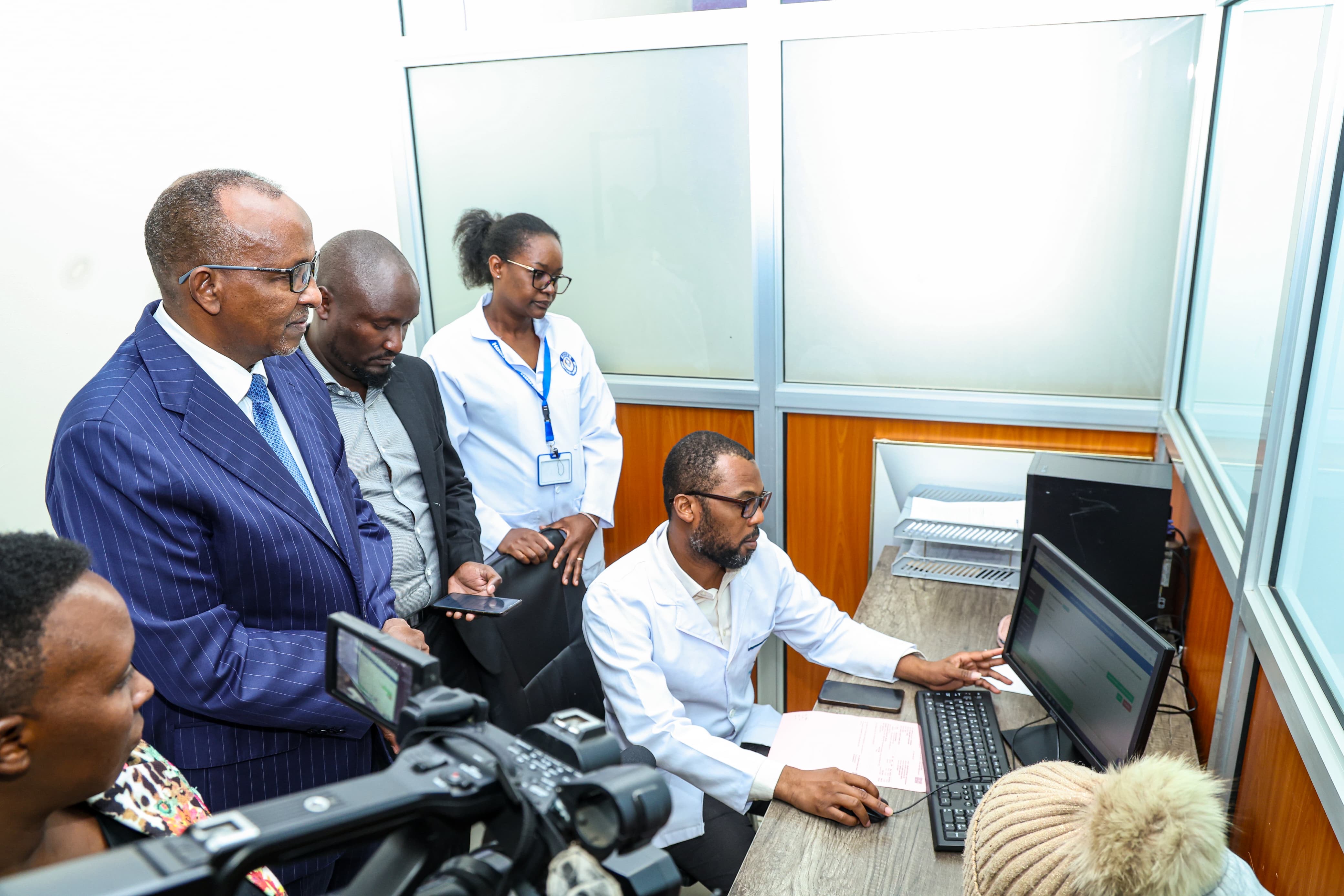Ministry of Health Launches Biometric Health Identification, Advances Digital Health Transformation
𝐍𝐚𝐢𝐫𝐨𝐛𝐢, 𝐊𝐞𝐧𝐲𝐚 - 𝐀𝐮𝐠𝐮𝐬𝐭 𝟒, 𝟐𝟎𝟐𝟓 -The Ministry of Health on , 2025 achieved a significant milestone in the digital transformation of Kenya’s healthcare system with the official launch of the Biometric Health Identification (BHI) system at Kenyatta University Teaching, Research and Referral Hospital (KUTRRH). The rollout is part of the government’s broader efforts under the Bottom-Up Economic Transformation Agenda (BETA) and the Digital Superhighway initiative.
Unveiled by Health Cabinet Secretary Hon. Aden Duale, the BHI system is among four major components designed to enhance transparency, efficiency, and patient-centered service delivery in the health sector. The four components include:
• Biometric Health Identification (BHI): Enables patients to access healthcare securely without physical documents. Fingerprint verification reduces fraud, misuse of benefits, paperwork, and waiting times.
• Health Professional App – Practise360: A geo-tagged, geo-fenced tool that restricts the use of pre-authorization approval codes to doctors within their assigned facilities.
• National Product Catalogue: Ensures only approved, quality-assured medicines are available to patients—eliminating counterfeit and substandard products.
• Health Information Exchange (HIE): Facilitates real-time, secure data exchange between hospitals, counties, and national systems—improving care continuity and coordination.
While touring the biometric registration points at KUTRRH, CS Duale noted that 99% of walk-in patients at the facility are already registered under the Social Health Authority (SHA), with 29 biometric devices currently in use.
In his remarks, the CS announced that biometric registration is now operational in all Level 4, 5, and 6 public health facilities, with efforts underway to onboard Level 2 and 3 facilities nationwide. He further noted that 24 counties are already transitioning to Hospital Management Information Systems (HMIS), allowing real-time patient data tracking to curb fraud, billing irregularities, and ghost patient records.
The Ministry is also in the final stages of testing a Track-and-Trace system, set to launch next month. This innovation will monitor the movement of pharmaceuticals from manufacturers to end users—ensuring drug safety and minimizing diversion.
Additionally, the CS highlighted that the Kenya Medical Practitioners and Dentists Council (KMPDC) will leverage digital platforms to de-register non-compliant or fraudulent facilities within the Taifa Care network, as part of ongoing efforts to uphold professionalism, accountability, and patient safety.
This launch marks a transformative step in the Ministry’s commitment to building a digitally enabled, equitable, and accountable health system for all Kenyans.




